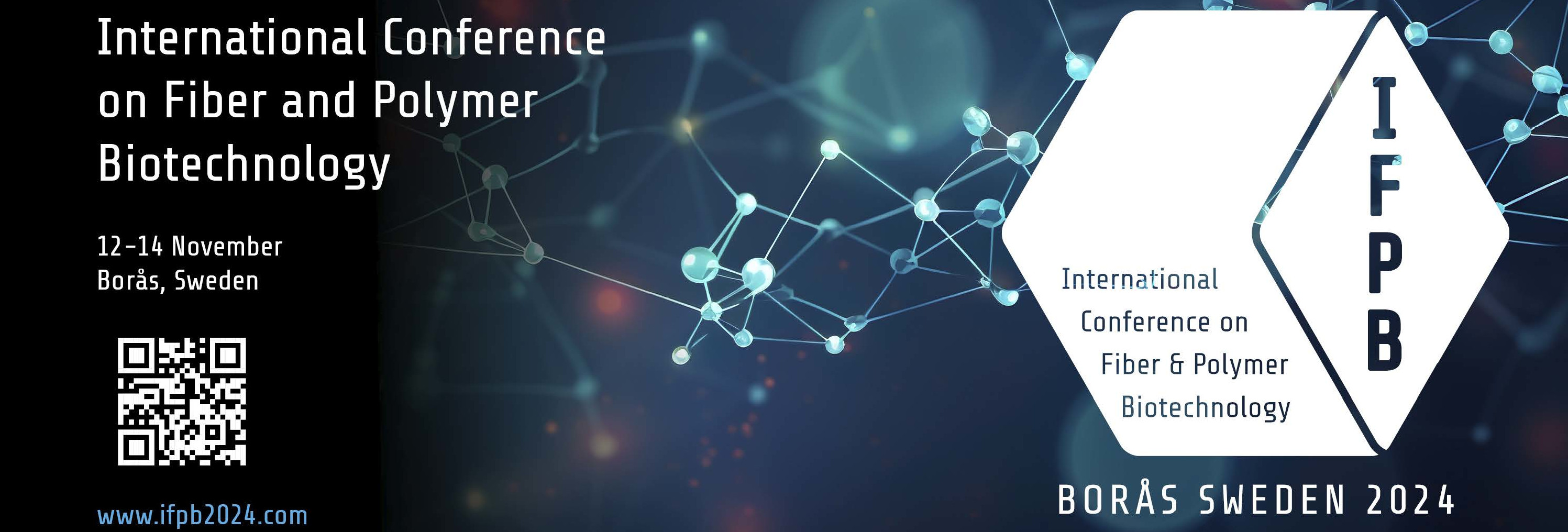
Production, conversion, functionalization, and recycling of biobased materials by exploiting high-specificities and environmental friendliness of biotechnology processes are constantly gaining importance. Ranging from replacement of fossil-based, recalcitrant plastics to renewable materials is a highly interdisciplinary field and covers also diverse biotechnological techniques to satisfy needs for industrial and biomedical applications.
In nature, the synthesis and degradation of biopolymers is catalyzed by enzymes. Biotechnology takes advantage of both microbial and enzyme-based routes for the development of environmentally friendly and highly specific strategies in material processing. Apart from well-established bulk applications in our daily life (e.g., textile fiber processing and cleaning), efficient bioconversion of renewable resources is an essential element in the exploitation of enzymes-based strategies and are as well implemented for synthesis, functionalization, and recycling of (bio)synthetic polymers. Clearly, advances in biotechnology and adaptation of enzymes to non-natural substrates and non-natural reaction environments contributed to these developments with applications in large quantities (e.g., packaging plastics) to highly specific ones in the biomedical field (e.g., resorbable implants). Biotechnology related to Biomaterials is an interdisciplinary field combining knowledge from many areas like bioprocess engineering, polymer chemistry, enzyme technology, biorecycling, or bionanotechnology.
Invitation to participate in online consultation - BIOBASED MATERIALS
